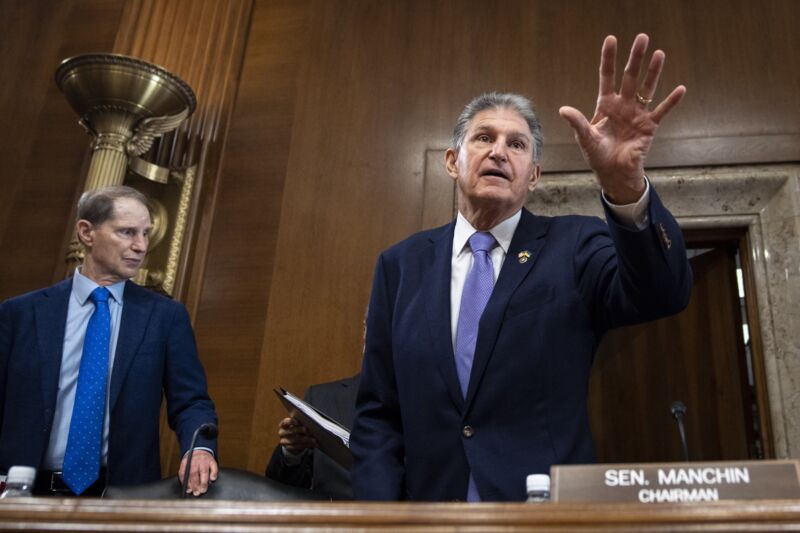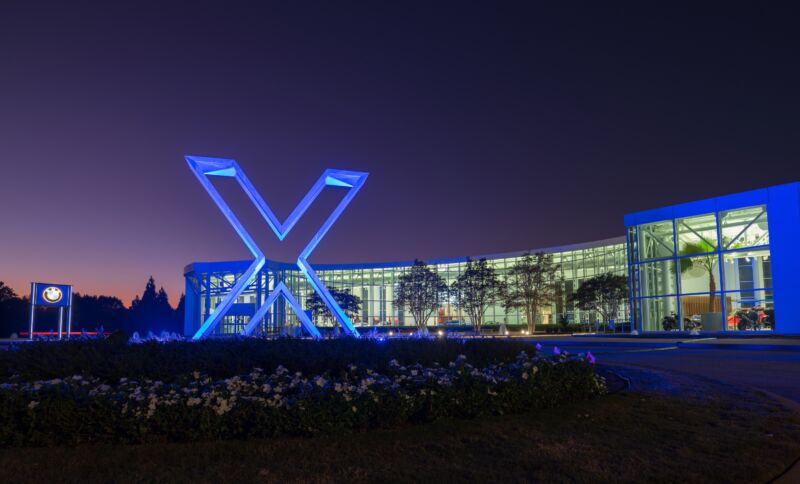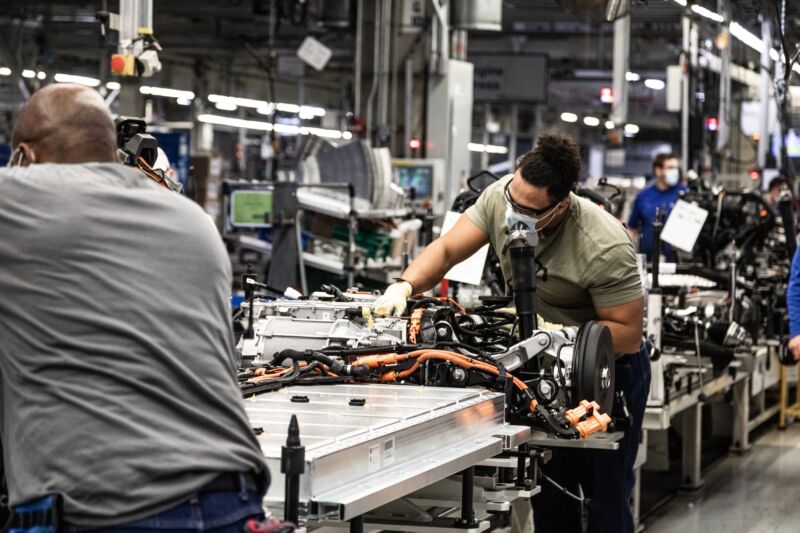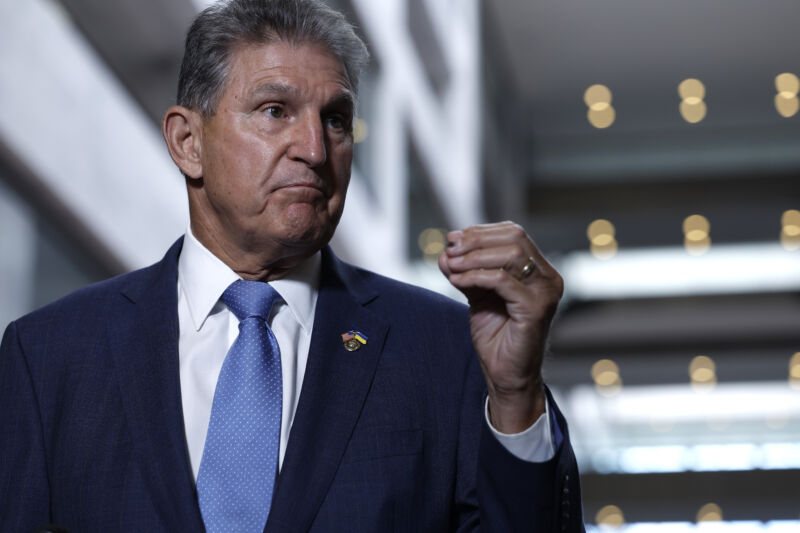-
 chevron_right
chevron_right
Manchin writes bill to stop temporary electric vehicle tax credits
news.movim.eu / ArsTechnica · Wednesday, 25 January, 2023 - 14:19 · 1 minute

Enlarge / "The IRA and the EV tax credits must be implemented according to the Congressional intent to ensure the United States, as the superpower of the world, is not beholden to countries that don’t share our values," Senator Joe Manchin said in a statement sent to Ars. (credit: Drew Angerer/Getty Images)
Senator Joe Manchin (D-W.Va.) is unimpressed with the temporary leniency shown toward electric vehicles in terms of the federal tax credit, and he's determined to do something about it. On Wednesday the Senator introduced a new bill, " the American Vehicle Security Act of 2023 ." The bill would immediately implement the much stricter new tax credit rules contained in last year's Inflation Reduction Act even though the Department of the Treasury hasn't finished working out how to do that. Should Manchin's bill pass, it looks unlikely that any EV would qualify.
"It is unacceptable that the U.S. Treasury has failed to issue updated guidance for the 30D electric vehicle tax credits and continues to make the full $7,500 credits available without meeting all of the clear requirements included in the Inflation Reduction Act," Manchin said in a statement sent to Ars.
That's not all. According to some outlets , the Senator wants anyone who might have been issued an EV tax credit in 2023 to have to repay it, unless they could prove the car satisfied the domestic sourcing requirements. And that could be costly news for anyone who rushed out to buy a new Tesla after that company slashed prices to allow more of its EVs to qualify for the new tax credit rules.



